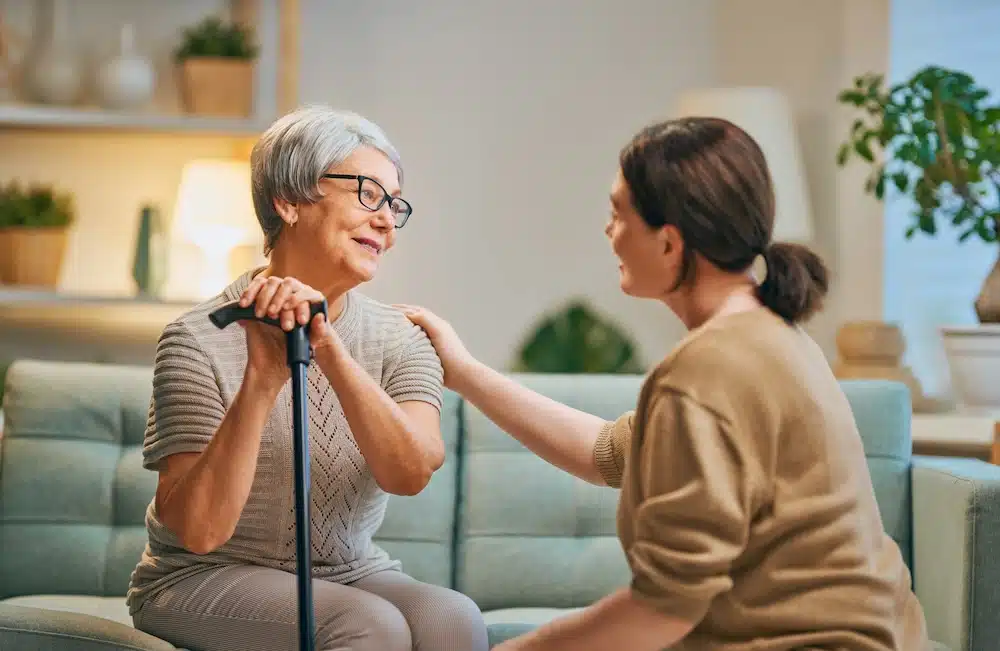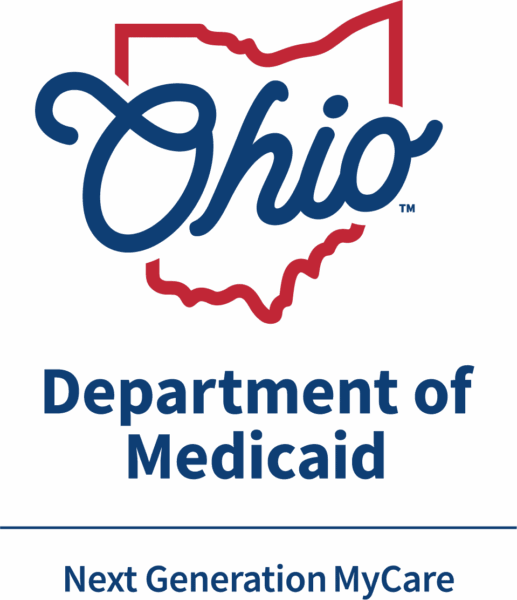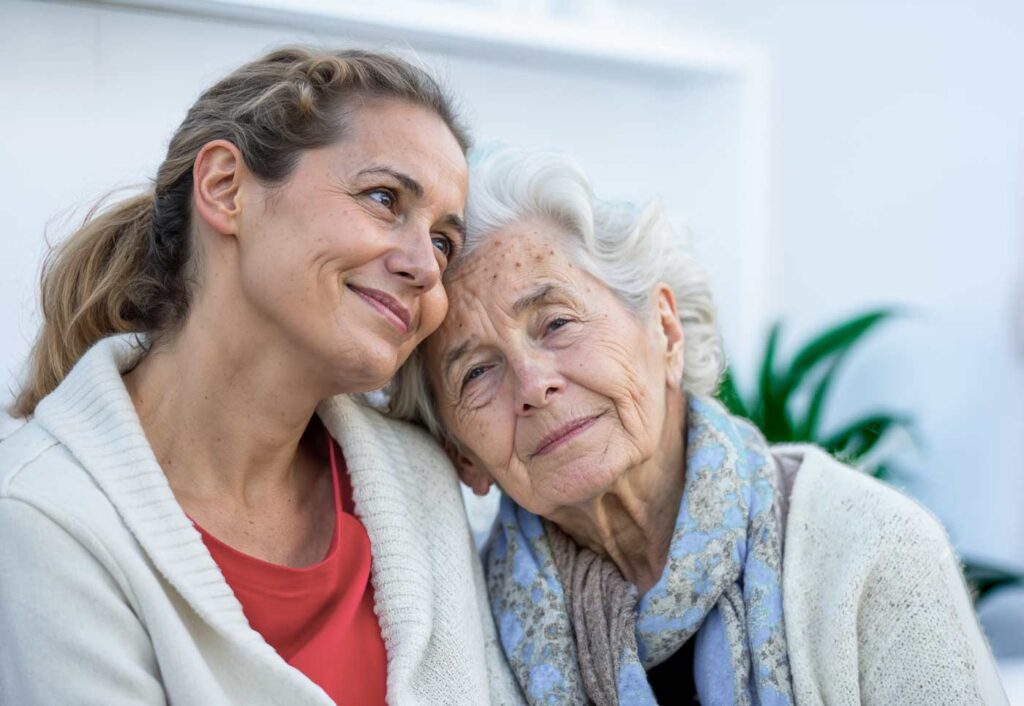
Step 1: Understand What a Caregiver Does
Before embarking on this career path, it’s crucial to understand the responsibilities that come with the job. Caregivers are paid to assist individuals who have difficulties performing daily tasks due to illness, disability, or age. Duties may include helping with personal hygiene, preparing meals, administering medication, and providing emotional support.
Step 2: Complete High School or Obtain a GED
A high school diploma or GED is typically the minimum educational requirement to become a caregiver. This form of foundational education provides the necessary reading, writing, and basic math skills critical for caregiving work.
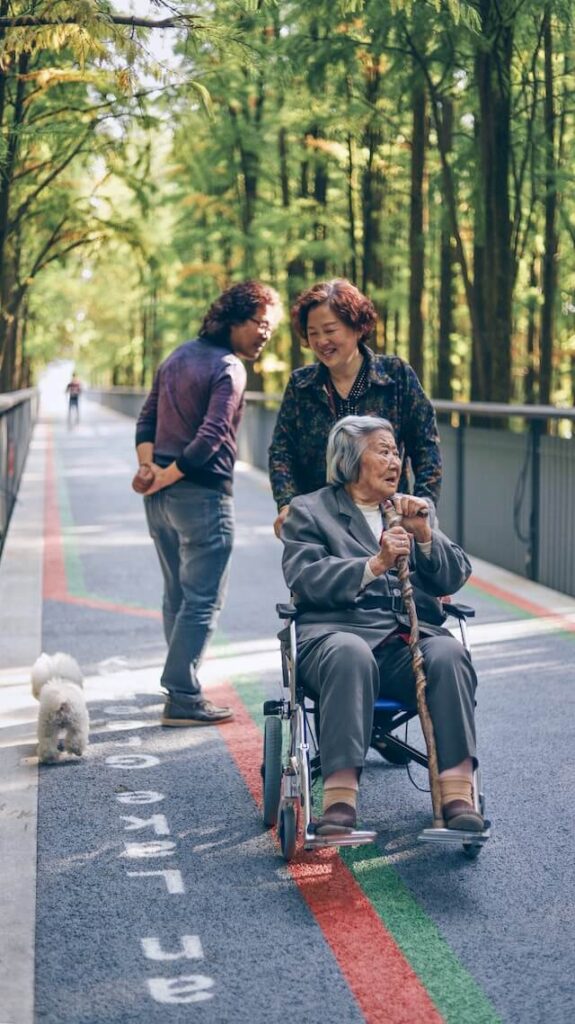
Step 3: Obtain Necessary Training
In Georgia, caregivers must complete a state-approved training program. These programs often cover topics like emergency procedures, infection control, personal care techniques, safety, and communication skills. You can find these programs at community colleges, vocational schools, and some healthcare facilities.
The exact requirements for elderly caregiver training in Georgia vary depending on the type of care you will provide. For instance, Personal Care Home staff must complete at least 24 hours of initial training, followed by 16 hours of annual ongoing education. Meanwhile, Home Health Aides must undergo 75 hours of training, including 16 hours of supervised practical training.
Step 4: Get Certified
After completing the necessary training, you’ll need to pass a competency evaluation to get certified. In Georgia, this usually involves both written and practical exams. The written test covers theoretical knowledge, while the practical exam tests your ability to perform common caregiver tasks.
Upon passing the competency evaluation, you will receive a certificate proving that you have met Georgia’s caregiver training requirements. Keep in mind that different caretaker services and roles may require different certifications. For example, Certified Nursing Assistants (CNAs) and Home Health Aides (HHAs) each have separate certification processes.
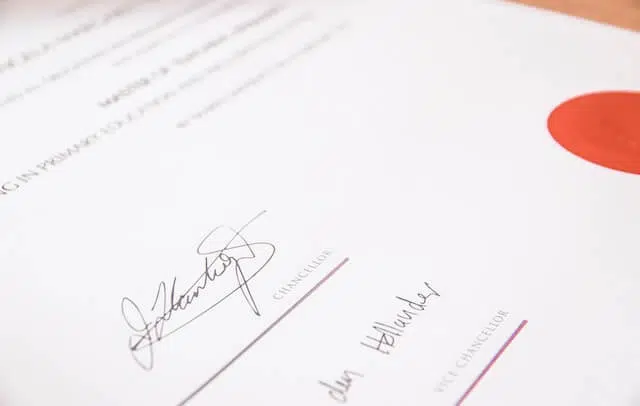
Step 5: Gain Experience
Many employers prefer caregivers with some experience. Volunteering at a local hospital or nursing home or working in an entry-level healthcare job can help you gain this experience. Not only will this provide valuable hands-on practice, but it will also give you a better understanding of the day-to-day realities of caregiving.
Step 6: Maintain Your Certification
Once you’re a certified caregiver, you’ll need to maintain your certification by fulfilling continuing education requirements. In Georgia, this typically means completing a certain number of training hours each year. Staying up-to-date with these requirements ensures you remain knowledgeable about best practices in caregiving.
Conclusion
Becoming a certified caregiver in Georgia involves a combination of education, training, and certification. While the process may be challenging, the rewards of providing essential care to those who need it most make it worthwhile. With patience, dedication, and a passion for helping others, you can build a fulfilling career as a caregiver living in Georgia.



